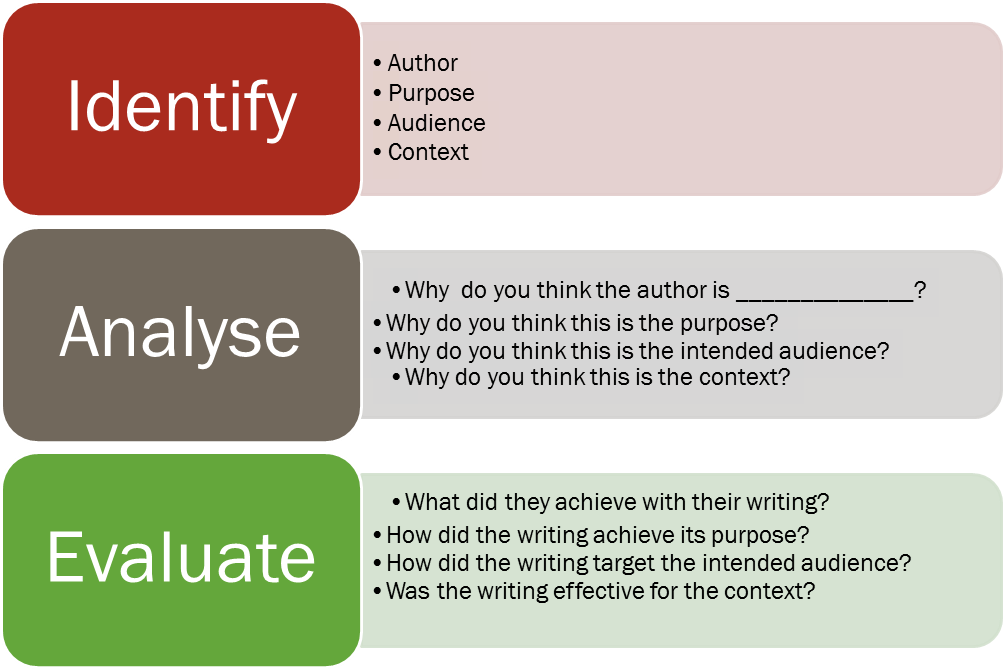What is it that drove me to drive my students harder than ever to succeed?
There has been many times in my life when others have told me that I would never amount to
 |
| Image from Bigstockphotos.com |
Some students that come to TAFE have the same story. Broken people who are wanting to put the pieces back together. The outcome of success comes not in being given everything on a silver spoon but through genuine achievement found in hard work, perseverance and a desire to improve oneself. Being connected with others is profoundly important to success. Having a team or friendship group that not only values you as a person but is also happy to conjole, push and stretch you can produce a more significant result than if you are going it alone.
Henry Ward Beecher a 19th Century American Congressmen who fought for human rights and the continued abolition of slavery sums it up nicely. “We should not judge people by their peak of excellence; but by the distance they have travelled from the point where they started.”Moving beyond hurt
Working and interacting with people day in day out puts teachers in line for criticism and analysis of their work. Maintaining professionalism when that criticism has no founding is hard. It's hard to not to be really affected but it can't define you as a professional. Some criticism can be warranted and helpful for growth however truly negative and truly personal criticism can be soul destroying.
There will always be bullies. These behaviours are passed down from one generation to the next or are reinforced by social groups and peers who wish to have power over others. I can't be defined by this any longer.
Not all students will pass all the time. I am not oblivious to that fact. Learning is never wasted. My journey is by no means over but I draw in the strength of past hurts to move on and as a result have more confidence in my abilities to teach and assist students than ever before.
Getting over life's hurdles can produce real growth and success.
Many of the struggles that adults have come from their early childhood, primary and teen years.
Anti-bullying songs and campaigns need to continue in work places as much as schools to continue to discuss the importance of respect and tolerance in our society. With high rates of domestic violence in our society it is imperative that we continue as a society to speak for what is right and then of course to act and model the right behaviour to our kids and our peers.
The social and financial cost to our community is great. I have struggled this year with over coming past hurts but at no time did I ever register a claim or take time off. How many others are part of an unknown statistic?
Anyway it's time to move on and I have some very exciting changes for next year. I have enrolled in my Masters of Education (Knowledge Networks and Digital Innovation) with Charles Sturt University and am also hoping to finish my Diploma in Adult Language, Literacy and Numeracy Practices. I am continuing to work at TAFE but have cut right back in the hope of pursuing my business in a more significant way. I'm also going to do some work for my local community college and who knows what else I'll pick up. The future is bright and I'm excited for what lies ahead.
Thanks to you all for reading my blog and I wish you and your families a Merry Christmas and safe and happy holiday.
Until next time,
K






































